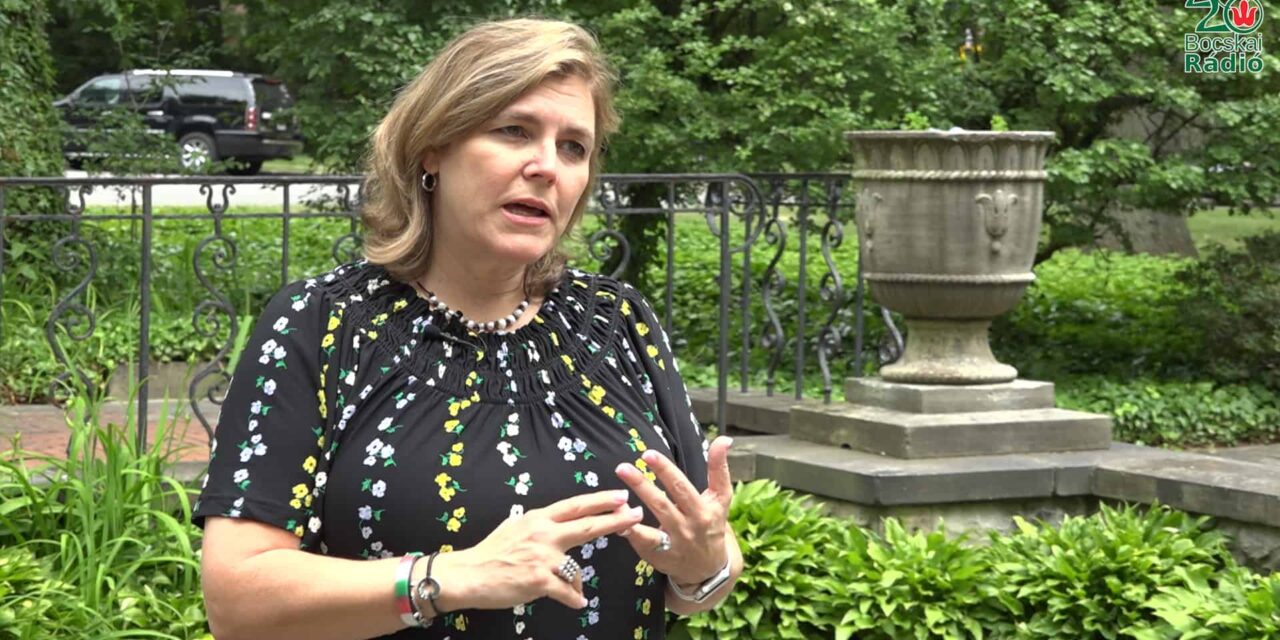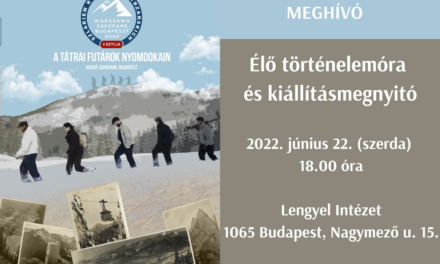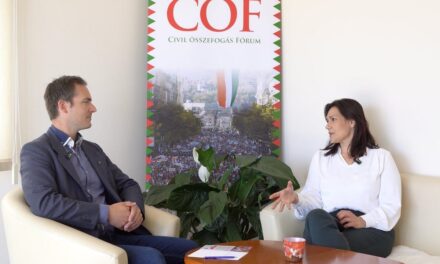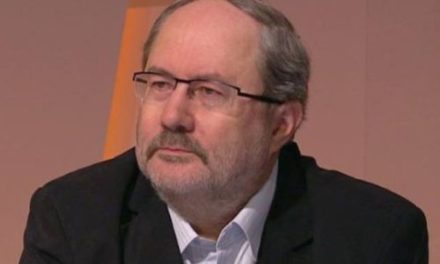The nearly one and a half million Hungarians in America face two major challenges.
According to the latest census data of the United States, more than 1.4 million of the country's population identify themselves as Hungarian or of Hungarian origin, said the president of the American Hungarian Coalition in an interview with the public media on the occasion of the Day of National Unity.
Andrea Lauer Rice, head of the largest American Hungarian umbrella organization, said that Hungarians in the United States are organized in more than 100 organizations, 78 churches, 33 Hungarian schools, 25 scout groups, 12 Hungarian houses, museums and libraries. Almost every federal state has a Hungarian community, he added.
He called the Diaspora Council, of which he has been working as the American president since November 2019, one of the most effective organizations in national politics affecting the diaspora. As he put it,
the council functions as a kind of global Hungarian network, whose members learn a lot from each other and help each other.
Andrea Lauer Rice called the Sándor Körösi Csoma Program a serious opportunity among the Hungarian government grants for the diaspora, whose scholarship recipients bring fresh ideas, momentum, and energy to community life.
He believed that the coronavirus epidemic made the community of Hungarians in America stronger, partly because they were able to reach and involve more people through the events held via the Internet, which resulted in the strengthening of the community spirit.
Looking to the future, American Hungarians face two major challenges
One is the involvement of the young generation in the life of the diaspora, in which the two most important organizations are the Foreign Hungarian Scout Association and the network of Hungarian weekend schools. He mentioned as the second challenge that those who do not speak Hungarian can be included as much as possible in the life of the Hungarian communities.
He pointed out that it was
Of the 1.4 million Americans who consider themselves Hungarian or of Hungarian origin, about 1 million do not speak the language, typically those who have lived in the United States since the second, third, or fourth generation.
At the same time, they are also aware of their roots, so it is important that they can pass on the Hungarian heritage to them through the organizations of the diaspora, said the president of the American Hungarian Coalition in an interview with the public media.
MTI
Featured image source: kulhonimagyarok.hu













